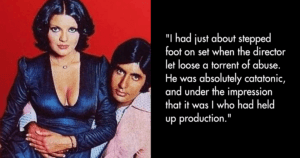As the news of the death travelled through the village, everyone gathered in the courtyard of the haveli. The women of the house were still inside due to traditional norms, the men of the village gathered to recount the good deeds of the Thakur, and then there were women dressed in black.
They wailed, beating their chest and the ground in front of them. Their thick tears stained their cheeks but they did not bother wiping them. Everyone looked on as they grieved and mourned the death.
It wasn’t the first time they were mourning a death, and it was not going to be the last.
These women are known as rudaalis or professional mourners. Yes, they make a living out of mourning. They wear only black, the favourite colour of Yama, the God of death. They come from a lower-caste and the society doesn’t allow them to have a family for if a grieving mourner finds happiness, who will cry at funerals?
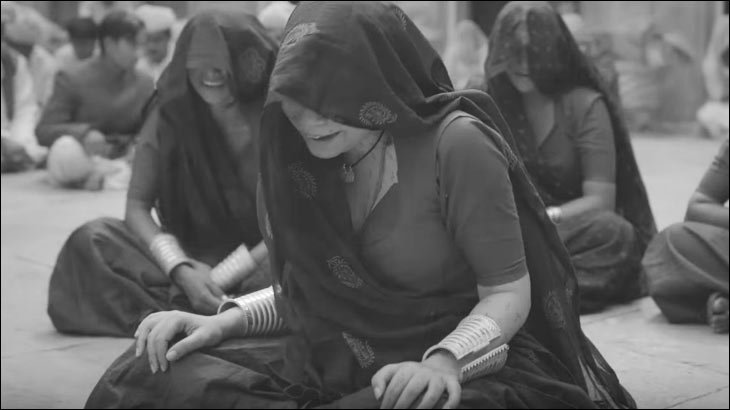
It may seem like a bizarre profession to us but in the hinterlands of Rajasthan, the tradition needs them. You see, the upper-caste women are not allowed to display their emotions in front of others. They’re usually kept behind veils and inside havelis. An upper-caste man speaking to Nidhi Dugar Kundalia for her book The Lost Generation, said:
“Someone has to cry when the members of our royal families die, right? Women’s brains are hardwired to feel loss and grief. They have a weak heart. We don’t allow the women in our families to make a sight of themselves outside our homes. High-caste woman do not cry in front of commoners. Even if their husbands die, they need to preserve their dignity. These low-caste women, rudaalis, do the job for them. The whole village feels the loss . . . She represents their sadness.”
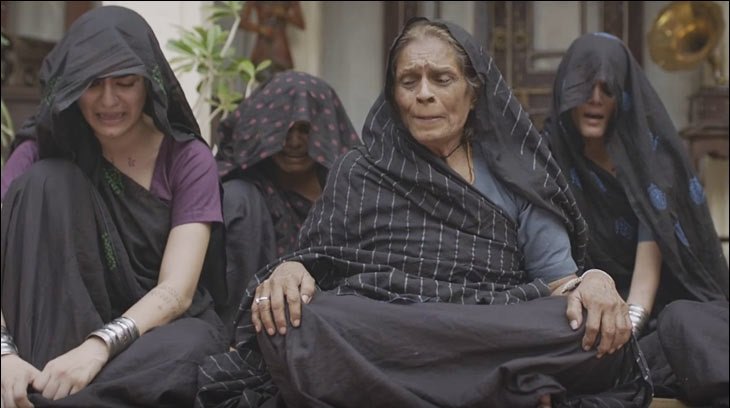
Rudaali, as a profession, sees the issues of gender, caste, class and economic stature intertwined. The abject poverty induced by the gender and caste they’re born into forces rudaalis to render personal emotions as saleable commodities that can be bought by the upper-caste men. Their tears become something that a rich man can put a price on and when someone dies, they breathe a sigh of relief.
But can we really blame them?
These women are given a low position is society which also makes them vulnerable to exploitation. Many of them give birth to illegitimate children of the same upper-caste men that keep them on the margins of the society. If they give birth to a girl child, she is immediately ‘put to rest’ because of the stigma that comes along with bearing a female. A famous rudaali saying goes:
“Pando bhalo na kosko, beti bhali naek.”
(Walking on foot even for a mile is not favoured, nor is the birth of a single daughter.)
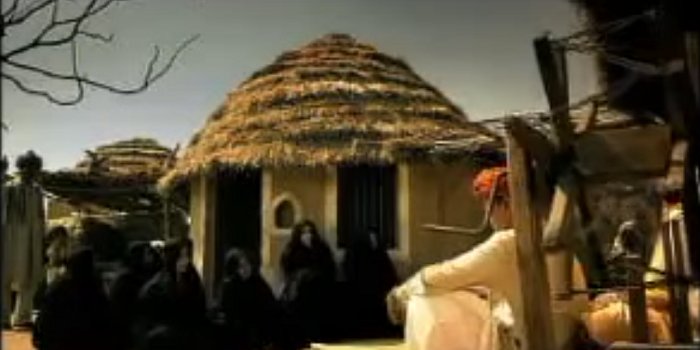
Even the sons born to rudaalis don’t carry the name of the father. That way, everyone can identify them as illegitimate children. Rudaalis are pushed to the very margins of society and yet, they pray to the god Bheruji, who is himself said to be a lusty bachelor who loved seducing young girls, especially from lower castes, for these upper-caste men to live long lives.
Even for the task at hand, of crying for the death of someone they don’t know personally, rudaalis don’t receive a lot in payment.
Till about 30 years ago, they would charge ₹5-6 for wailing and rolling on the ground and wailing, beating one’s breasts and accompanying the corpse to the cremation ground. They’re also given rice and old clothes. The food they get is raw onions and leftover rotis.
They continue their act for 12 days at least. You see, the longer and more theatrical the mourning period, the higher it speaks of the family’s economical status.
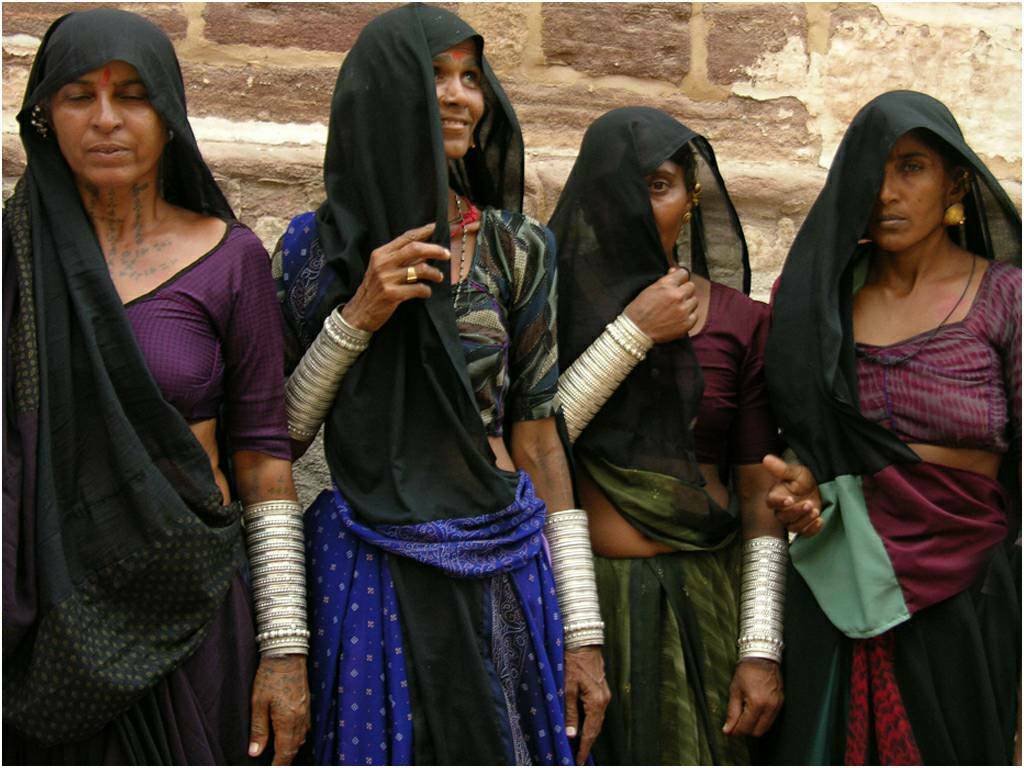
To keep up with the performance, the rudaalis often think about their own painful lives to induce crying. But more often than not, it doesn’t work. But for a profession where crying is central to the job description, rudaalis have devised their own methods. Some use saliva while some use a certain plant that makes the eyes watery. There is also a kohl-like substance that is said to cause a burning sensation and thus, brings out tears.
In the Dimple Kapadia starrer movie Rudaali, there is a very profound dialogue:
“These tears are your livelihood … just as you cut wheat and plough land, you’ll be able to shed these tears.”
However, with the worldview changing, people now prefer quieter funerals. As technological advances and modern outlook takeover, the need for traditional rudaalis has gone down considerably and they find it hard to make a living out of the only profession available to them.






